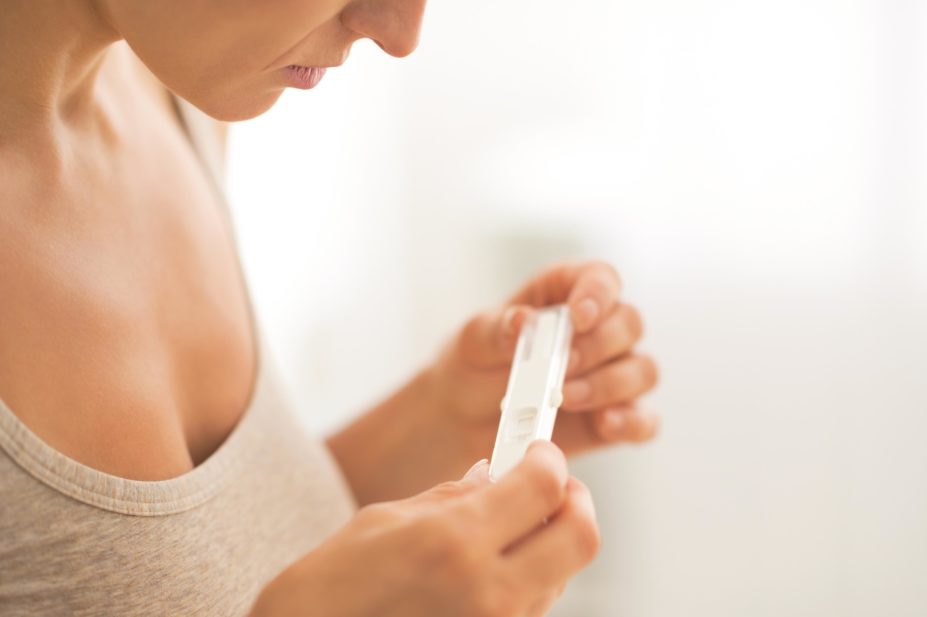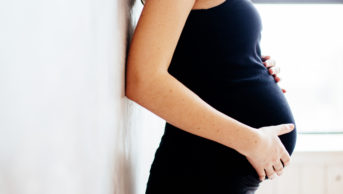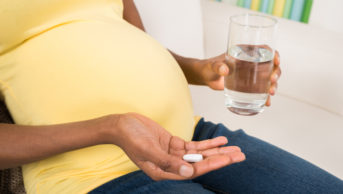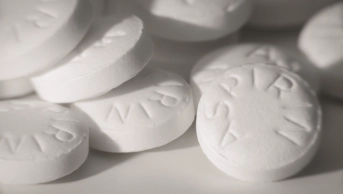
Shutterstock.com
Some studies have shown that depression is associated with a decreased chance of pregnancy. But most of this research was in women already experiencing difficulty conceiving, making it hard to separate cause from consequence.
Therefore, researchers from the United States used data from a prospective study of women attempting to conceive over a 12-month period to analyse depression and fecundity.
Among 2,146 women, the team found that those reporting severe depressive symptoms had a 38% lower chance of conceiving in a given menstrual cycle compared with women reporting no or low depressive symptoms. In addition, using psychotropic medicines had no significant effect on fecundity.
Reporting in the American Journal of Obstetrics and Gynecology (online, 28 April 2016)[1]
, the researchers say the results suggest that depressive symptoms, rather than psychotropic drug use, are the more important determinant of fertility.
References
[1] Nillni YI, Wesselink AK, Gradus JL et al. Depression, anxiety, and psychotropic medication use and fecundability. American Journal of Obstetrics & Gynecology 2016. doi: 10.1016/j.ajog.2016.04.022


